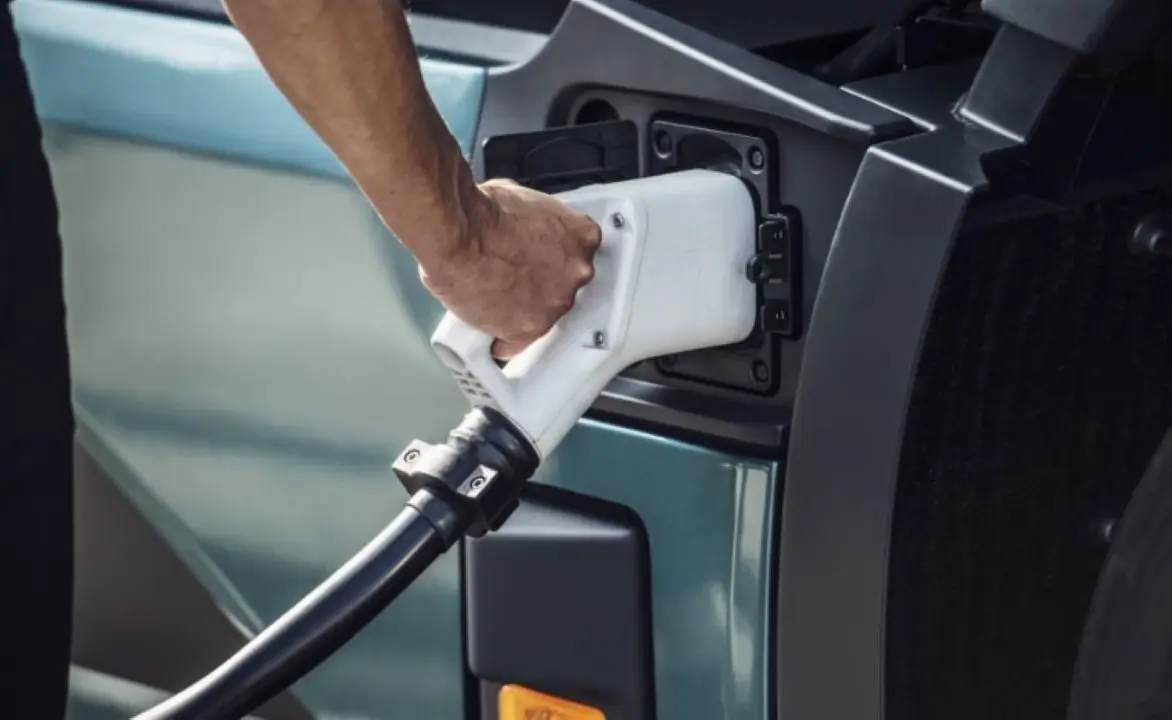Decarbonization Responsibility Transferred to Corporate Fleets
The recent announcement from the EU to transfer the responsibility of decarbonization to corporate fleets has stirred quite a discussion. The National Federation of Vehicle Rental Companies (FENEVAL) has expressed concerns that this shift could add financial strain to businesses already navigating narrow profit margins. This decision could affect how companies manage their transport logistics moving forward.
Timing of Policy Changes
A further point of contention is the timing of the EU’s Call for Evidence regarding these regulations, coming just as businesses were gearing up for summer vacations. FENEVAL argues that such significant discussions should not coincide with peak holiday seasons, suggesting that it could result in inadequate input from stakeholders who are busy with their operations. After all, who has time to grapple with heavy regulations when the sun is shining?
The Action Plan for Automobiles
Earlier in March, the EU established the Automobile Action Plan and a communication strategy focused on Decarbonizing Corporate Fleets. These plans highlighted that a staggering 60% of new vehicle registrations in Europe come from corporate entities, with 25% of these being rental vehicles. The bulk of registrations spans vans, trucks, and buses too, which is likely to ramp up the importance of these regulations for logistics providers.
A Uniform Approach to Decarbonization
FENEVAL stresses the necessity for uniform policies across EU member countries. Without a cohesive approach, disparities will arise that could distort competitive balance, leading to complications in cross-border logistics. As each nation might have separate regulations, companies could find themselves scrambling to comply with differing laws, akin to navigating a minefield. The worries here highlight the potential for increased costs as constraints weigh down operations.
Corporate Vehicle Regulations: A Burden?
President Juan Luis Barahona of FENEVAL has publicly criticized the regulations for assigning decarbonization responsibilities to companies within the mobility sector, emphasizing that such demands could jeopardize already-tight financial outcomes. He insists that public administrations need to provide incentives that truly support the transition to sustainable practices rather than leaving businesses to fend for themselves.
Interestingly, the EU indicates that corporate vehicles are often replaced more frequently than those in the general population, suggesting they might already possess a quicker turnover for new technologies. Yet, they are pushing for regulations that could exacerbate financial burdens on these corporate entities.
FENEVAL’s Commitment to Sustainability
Despite their concerns, FENEVAL’s commitment to sustainability remains evident. Barahona reiterated that their fleets are among the most environmentally friendly due to ongoing vehicle renewals—turning over stock regularly to include newer models. However, it’s crucial for the relevant authorities to implement tangible support mechanisms for both purchases and rentals. One cannot help but wonder: wouldn’t collaboration lead to better results?
Wpływ na logistykę
As these rules come into play, logistics companies and fleet operators should brace themselves for shifts in operational practices. The demand for efficient transport logistics solutions that minimize carbon footprints will necessitate innovation and strategic planning. It won’t just be about moving products; it will mean reshaping supply chains to conform to stricter regulatory standards. Hence, proactive planning is paramount.
| Key Considerations | Implications for Businesses |
|---|---|
| Increased Maintenance Costs | Need for budget adjustments to accommodate fleet upgrades. |
| Zgodność z przepisami | Time-consuming measures to meet diverse regional demands. |
| Potential Market Disparities | Competitive landscape could shift as some companies adapt quicker than others. |
| Need for Incentives | Bigger emphasis on lobbying for public support to ease transition. |
Przemyślenia końcowe
The ongoing dialogue regarding EU decarbonization is certainly a double-edged sword. While the intent is to foster a greener future, the practicality for businesses, especially in the logistics sector, presents a range of challenges. At GetTransport.com, the focus remains on simplifying all aspects of logistics. By offering affordable global cargo transportation solutions, including reliable options for office and home relocations, bulky freight deliveries, and vehicle transportation, GetTransport.com provides a crucial resource during these transformative times.
In summary, navigating the changing landscape of corporate fleet regulation will require companies to adapt swiftly while keeping an eye on sustainability. Personal experiences will always weigh heavy on decision-making for companies. Relying solely on reviews can fall flat; firsthand understanding is invaluable. Therefore, to ensure businesses make informed decisions while managing their logistics without unnecessary costs, GetTransport.com emerges as a reliable partner. Customers benefit from the extensive and flexible services offered, making every move, parcel, and freight delivery a seamless experience. So why not book your transportation with GetTransport.com today? GetTransport.com.

 Polityka dekarbonizacji UE przenosi ciężar na floty firmowe">
Polityka dekarbonizacji UE przenosi ciężar na floty firmowe">